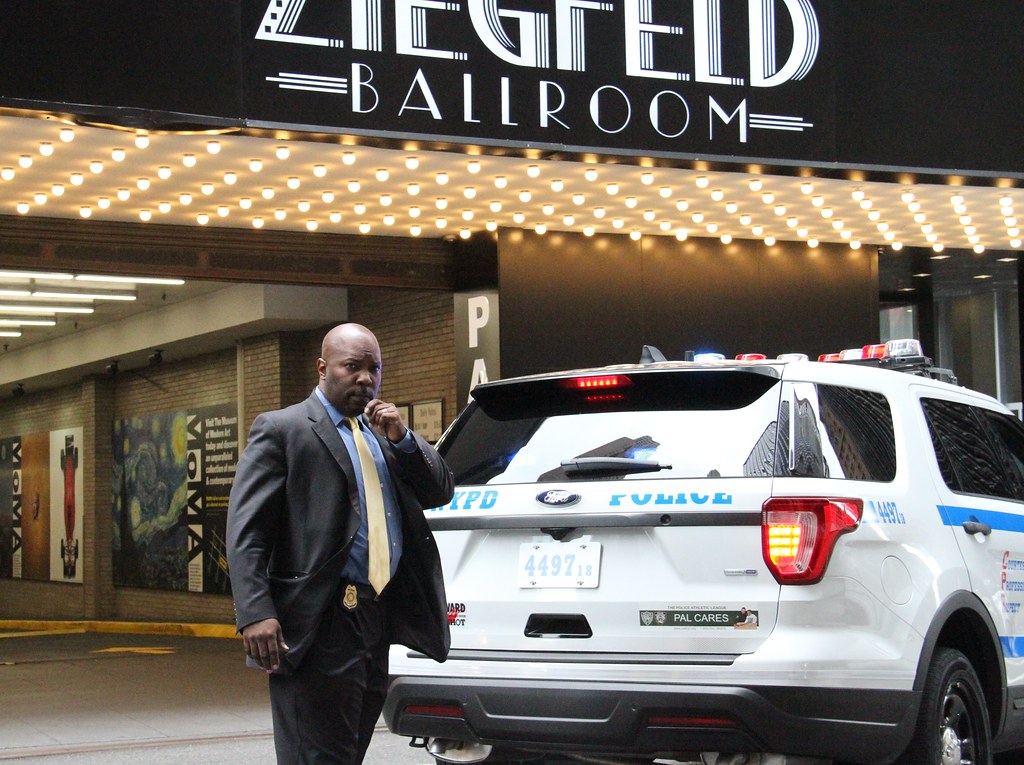As I was writing my book, The Protected, my goal was to educate not only those who may need personal protection. But to inform the general public on what it is and what it isn’t. Moreover, I also intended to illustrate through my own life experiences the kind of person who devotes his or her life to protecting others. In addition, I wanted to touch upon fear as a motivator.
However, even after more than 30 years in this profession, I realized just how complex the topic can be when you are now breaking it all down into smaller fragments. (After all, it’s much like any skill – many things are just second nature until you have to teach your body of knowledge to someone new.)
This level of complexity allowed me to consider other related topics on the subject of security and close protection and draw some conclusions as we prepare for tomorrow in our increasingly complex world.
The Wrong and Right Fear as a Motivator
If you haven’t read The Protected yet, I’m going to give you a sneak peek into some of the content. This particular topic is a pet peeve of mine: when security management, contractors, vendors and/or EP practitioners use fear as a motivator to sell and manage their programs, budgets, resources, and travel to justify their existence.
Don’t get me wrong. Sometimes fear is the right motivator for action in certain situations. For example, if you’re in a burning building, fear may be your best motivation for survival. Recently, the citizens in London who stopped a knife-wielding terrorist attack probably had a level of fear but used that fear as energy to stop the attacker. But fear in those contexts isn’t the same as the sometimes unidentifiable fear that drives some to want personal protection.
The conversation about close protection always has to start by asking “Why?” There will be a fundamental need that drives all of the other conversations, such as how much, what type, when, and where. Like building a house, the foundation must be sound.
Often, the driver for close protection is fear. The fact that unpleasant emotion is caused by the belief that someone or something is dangerous, likely to cause pain, or is a threat. Anxiety is similar: a feeling of worry, nervousness, or unease, typically about an imminent event or something with an uncertain outcome.
Anxiety can be subtle, and fear is hard to miss. Yet, both are powerful emotions that influence how we think and do.
Rationality and Balance
I’ll be the first to admit. You can’t talk about personal protection without addressing fear. Fear is a very real and important emotion and can be the impetus for making many decisions, including those relating to security.
This is especially true when our personal and/or family’s security is in question.
However, I have learned that when one doesn’t approach executive protection (EP) correctly, the protection intended to reduce anxiety can actually cause increased fear and frustration and raise anxiety.
My goal with a principal or client who has any level of fear has always been to listen to their worries. Then, I try to bring a degree of rationality into our discussions (if necessary) and design an acceptable and balanced approach to address their concerns.
The very root of the fear may actually be different than what might surface in conversations. Hence, if the response is not in line with the real reason for concern, I will not dance around the issues. In some cases, unaddressed fears can metastasize very quickly, affecting the quality of life of everyone involved.
But despite the very real conversations around it that need to take place, my intent is never to use fear as a prime motivator for most EP decisions. Instead, when speaking to my principals or clients, I would rather concentrate on helping them make comforting and rational decisions regarding their safety, security, and privacy.
Unnecessary and Legitimate Fear as a Motivator
It is important to recognize that, in the space between actual and perceived risks, our perspective is what causes the pendulum to swing in the decision-making process regarding the size and scope of our protection.
As a principal, be cautious if your EP team seems to be resorting to such fear tactics to manage your protection. If in doubt, have an honest discussion to be better informed and understand the concerns.
As a practitioner, serve your clients without bringing unnecessary fear into the protective equation. In fact, be authentic and balanced about legitimate fear.
In Conclusion
No one can ever offer complete protection in the EP world (and the world as a whole) – not the EP specialist, police, military, or government. What we can do is provide knowledge and convert fear to information. That way, we can help make balanced and rational decisions and take appropriate action toward attaining greater peace of mind.
As President Dwight D. Eisenhower once said, “If you want total security, go to prison. There you are fed, clothed, given medical care, and so on. The only thing lacking is freedom.”
While former President and General Eisenhower’s message may not be totally accurate regarding prison security, we understand his message on freedom well.






